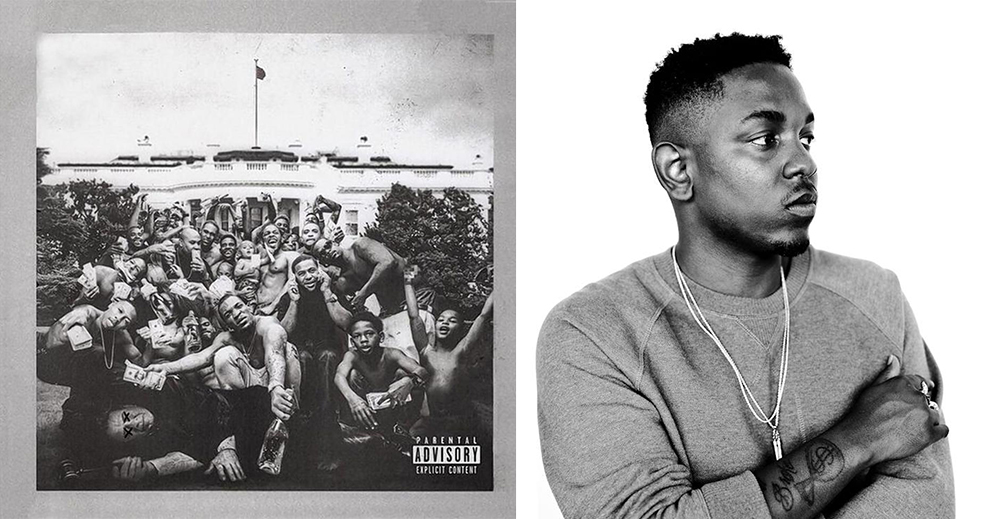Hype is a fascinating phenomenon. In the wake of an artist creating a masterpiece, fans of that artist immediately start buzzing about their next project. This has been the case with fans of Kendrick Lamar since the release of his platinum selling record “Good Kid M.A.A.D. City,” which told the story of a young black man living amongst the pressures of violence and sex in Compton. It opens with a recording of several men reciting the sinner’s prayer. It was provocative, honest and vulnerable — elements not often found on modern hip-hop albums.
A STRUGGLE BETWEEN FAITH AND BACKGROUND
Though Lamar has been open about his Christian faith, there is still a struggle within himself between this faith and his past in gang-infested Los Angeles. Profanity and sexual themes still pepper his music. Though beneath it all, there is truth to be found. He knows he desperately needs salvation in Jesus, and he does not sugarcoat exactly what he needs salvation from.
On Sunday, March 15, Lamar’s new record “To Pimp A Butterfly” released a week ahead of schedule on iTunes. Fans rushed to their laptops to buy the record, a sure result of the mentioned hype for this release. “To Pimp A Butterfly” is different, very different. While the majority of rappers on the scene today look to the beat as king, Lamar looks to its oft-forgotten cousin — the groove. The record is filled with jazz and funk rhythm and horn sections. While Lamar has dabbled in these genres before, they are much more pronounced this time around. Experimentation is the name of the game here.
CONFRONTING RACIAL TENSIONS
Rather than focusing on his youth, “To Pimp A Butterfly” brings us to the modern day. Lamar is, in most respects, a changed man. No longer does he fall prey to the peer pressures of gang culture. Now he must live with the past and the present. The present being a place where racial tensions are the highest they have been since the tumultuous 1960s. Do not expect Lamar to jump on the bandwagon of simple white oppression over black victims. He is not afraid to critique his own culture, while calling out the true racism still present in American society.
This record is not whiny or preachy. Lamar tackles issues, but he tackles them from a place of honesty, not self-righteousness. On “The Blacker The Berry,” Lamar admits repeatedly that he is a hypocrite. In one of the most striking lines in recent memory, Lamar raps, “So why did I weep when Trayvon Martin was in the street? / When gang banging make me kill a n***a blacker than me?” These are the lyrics that set Lamar apart from the crowd. He is described by friends as a quiet, mild-mannered person. He lives a simple life. Preferring jeans and a T-shirt to obligatory rapper bling. He has been in a committed relationship with his high-school sweetheart for the past 10 years. Lamar breaks all stereotypes, while the influence of those stereotypes still rage inside him.







